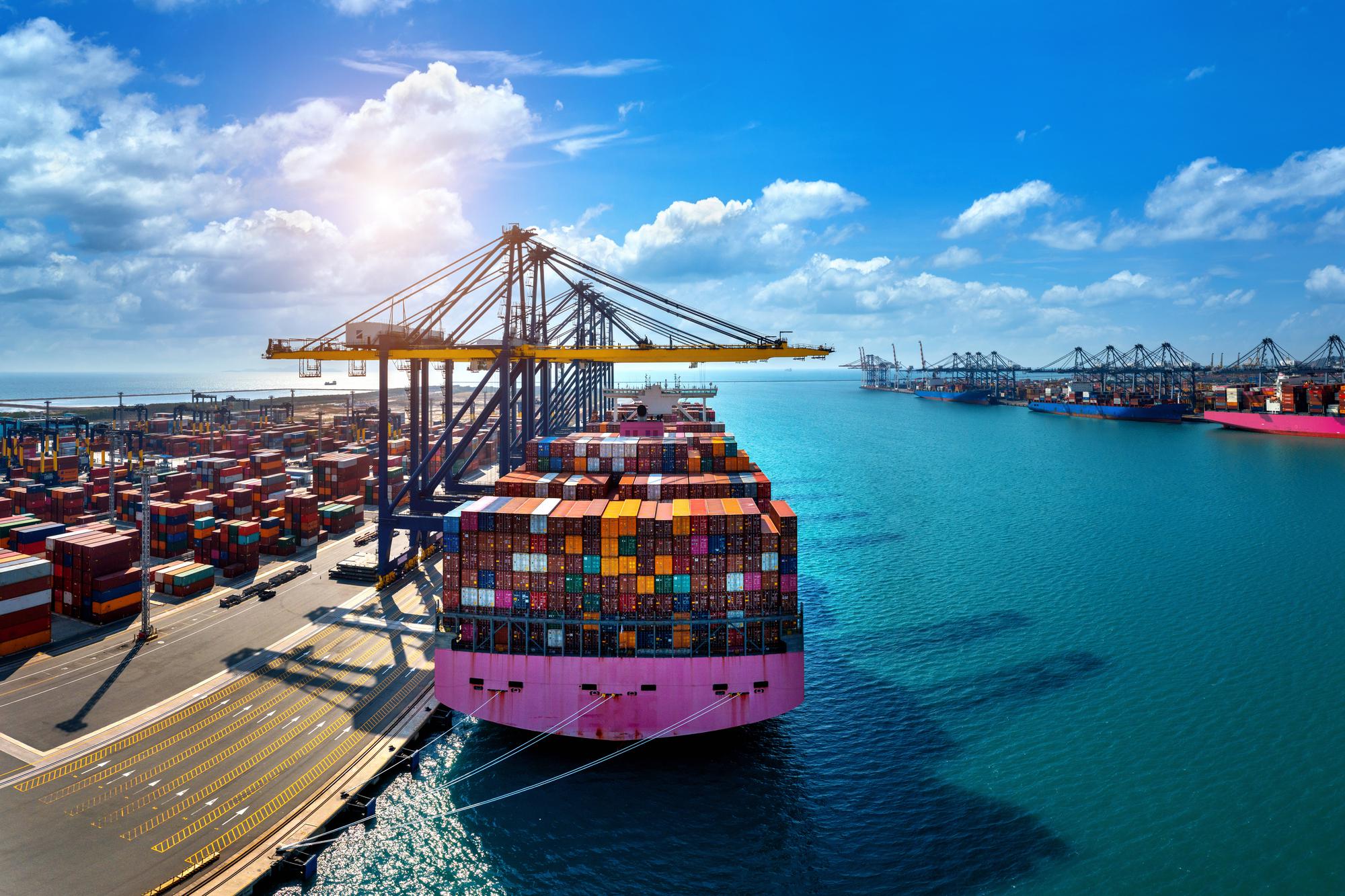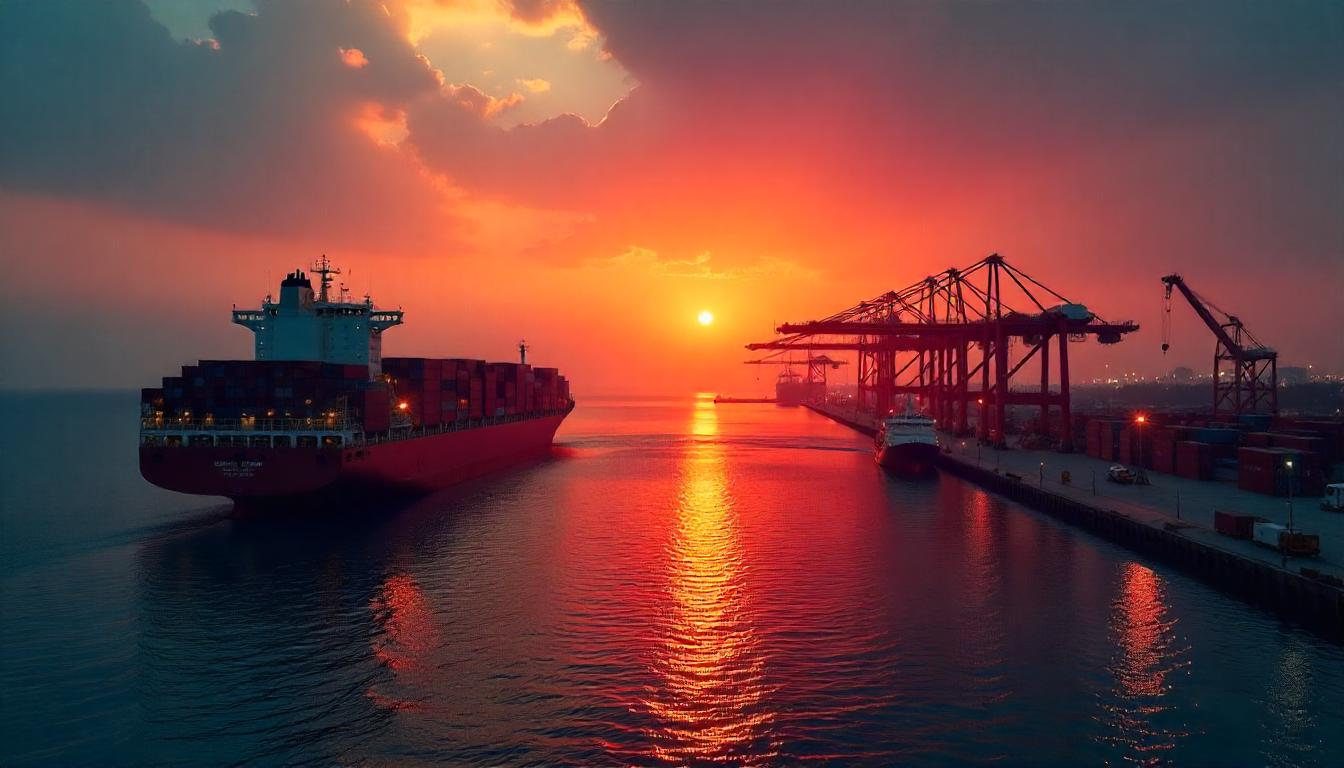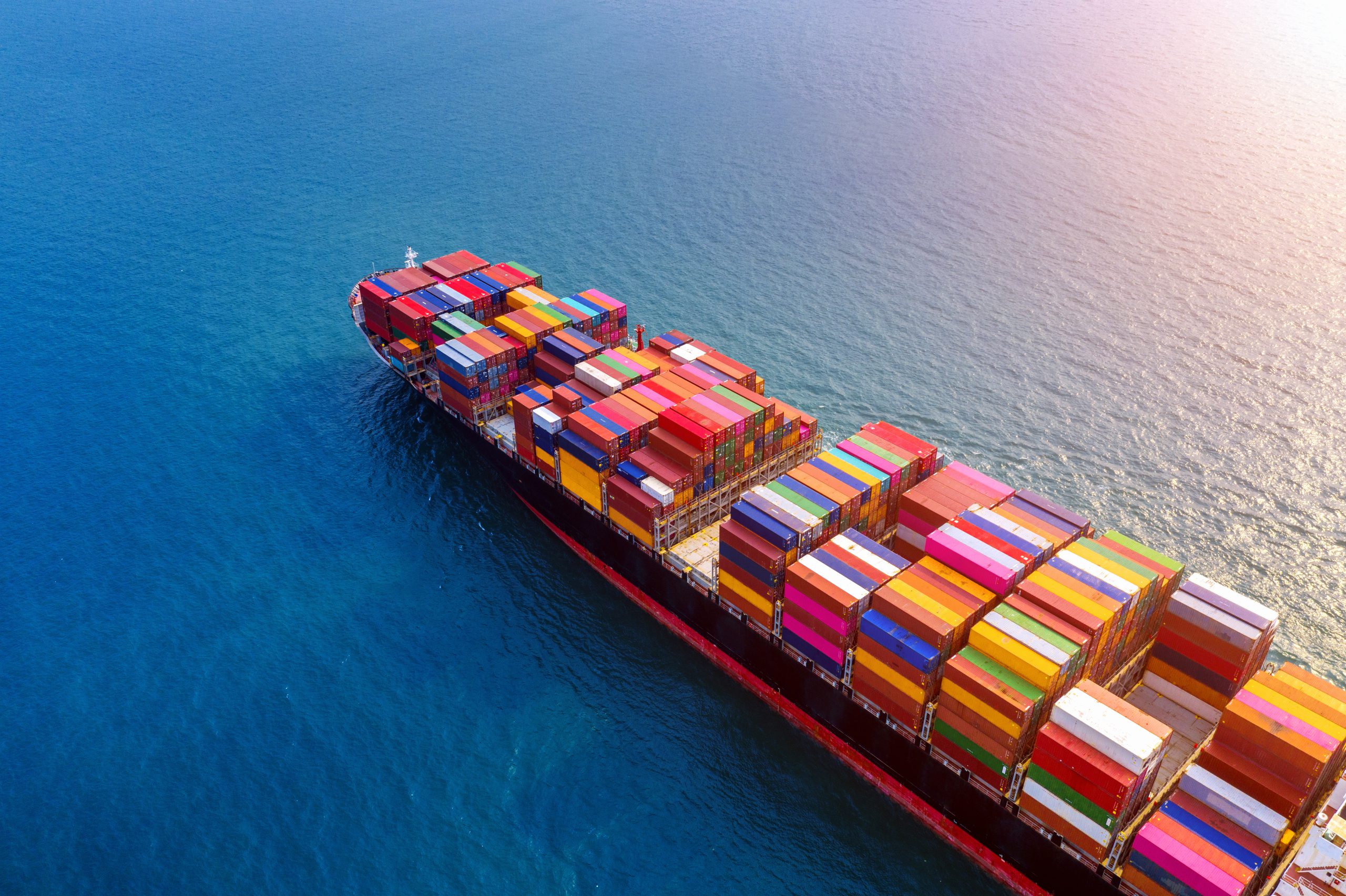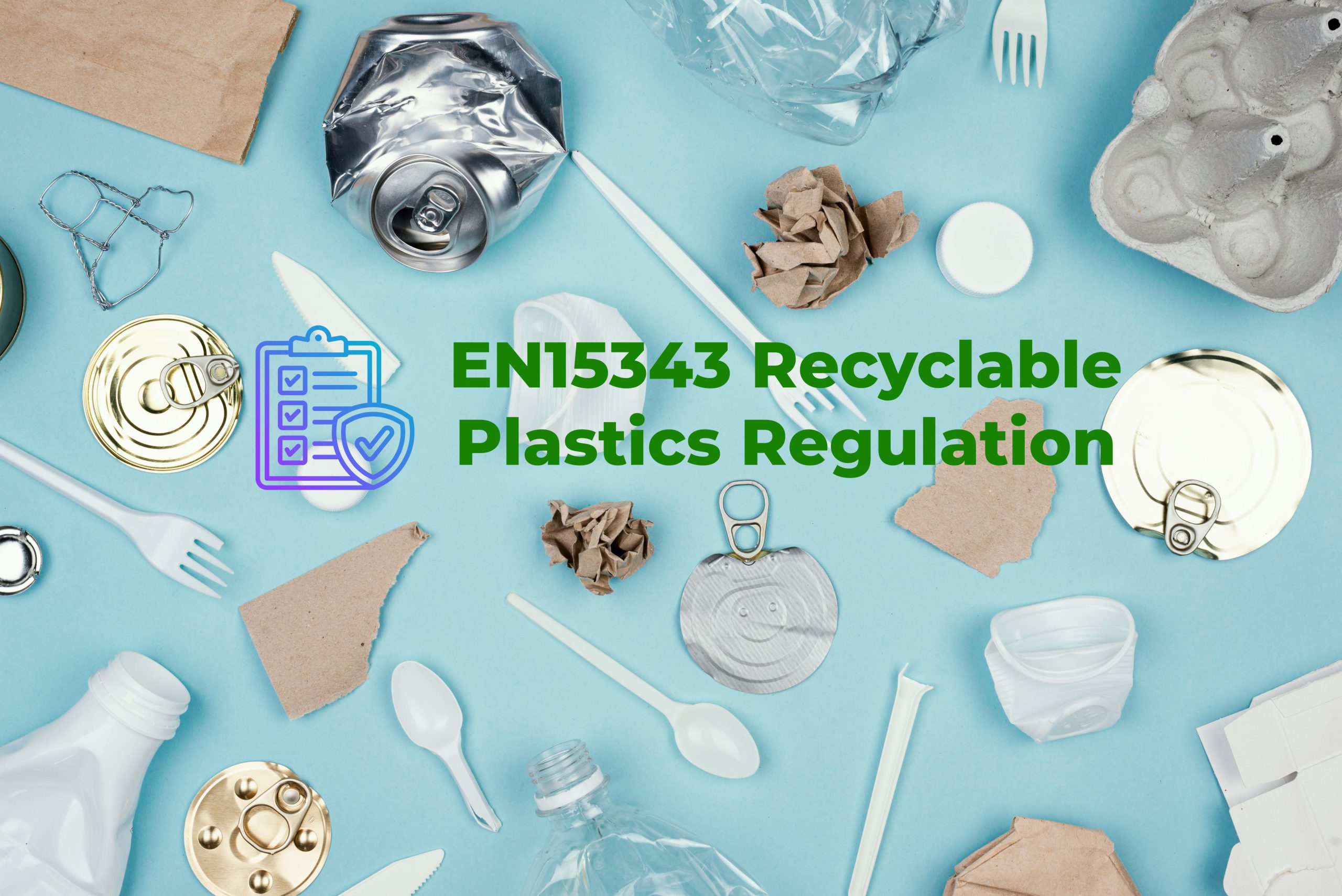Understanding EN15343: A Milestone in Recyclable Plastics Standards
The EN15343 Recyclable Plastics Regulation represents a significant step in Europe’s journey toward sustainability. As part of the European Union’s efforts to promote a circular economy, this standard outlines requirements for the traceability and characterization of recycled plastics. It also ensures transparency in the supply chain, helping businesses and consumers trust recycled materials.
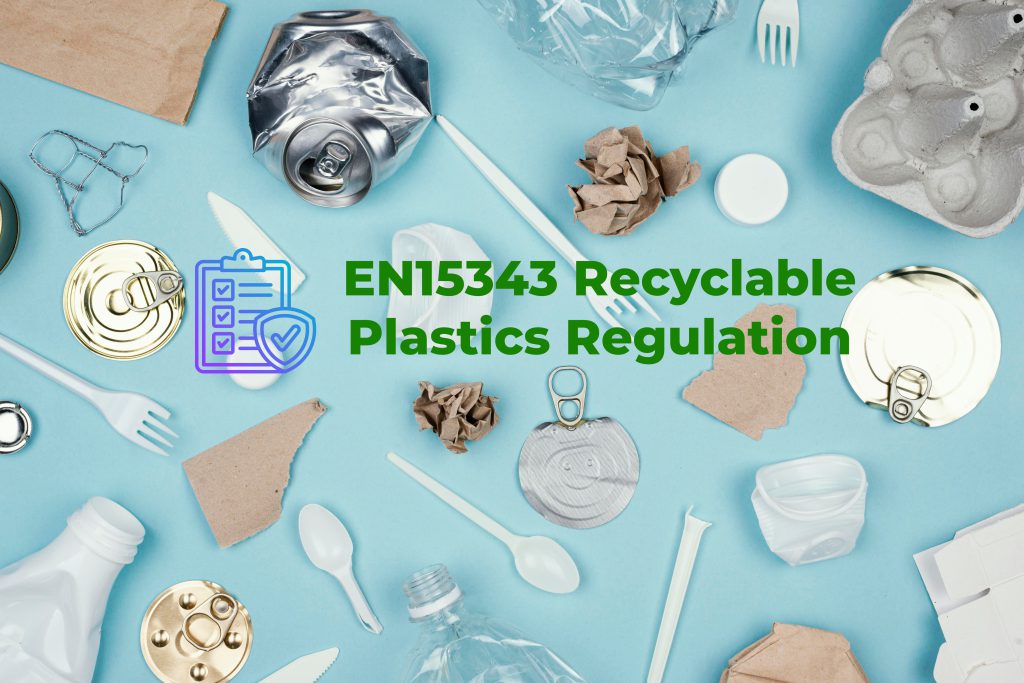
Chinese manufacturers, known for their pivotal role in global plastic production, are now aligning with EN15343 to retain their foothold in the European market. However, international buyers must exercise caution when sourcing suppliers to ensure compliance and avoid potential legal or environmental pitfalls.
What is EN15343?
EN15343 focuses on two critical aspects:
- Traceability: Ensuring that the origin of recycled plastics is transparent throughout the supply chain.
- Characterization of Recycled Content: Defining how much recycled material is used in the production process and ensuring the quality matches EU standards.
For companies importing goods to Europe, compliance with EN15343 demonstrates their commitment to sustainability and reduces risks of penalties.
How Chinese Manufacturers Qualify for EN15343
Chinese manufacturers are increasingly adopting advanced recycling technologies and certification processes to meet European standards. Many have invested in:
- Third-party certifications verifying recycled plastic content.
- Improved supply chain tracking systems that provide documentation for traceability.
- Eco-friendly production technologies, such as mechanical and chemical recycling.
However, buyers must validate these claims with proper documentation and independent audits to avoid greenwashing.
What Should International Buyers Watch Out For?
When sourcing from Chinese suppliers for EN15343-compliant products, buyers should:
- Verify Certifications: Ensure suppliers provide valid documentation proving EN15343 compliance.
- Conduct Factory Audits: Visit or arrange third-party inspections to confirm recycling practices.
- Check Material Traceability: Request detailed supply chain data to ensure the recycled materials meet regulatory standards.
- Be Aware of Counterfeits: Some suppliers may falsely claim compliance, so work only with reputable manufacturers.
A Recent Story: Non-Compliance Risks for Buyers
In 2023, a major European importer faced fines after their Chinese supplier provided non-compliant recycled plastics labeled as EN15343-certified. Upon investigation, it was revealed that the supplier lacked proper documentation and traceability systems. This incident highlights the importance of rigorous due diligence for international buyers. Partnering with a reliable quality control firm can mitigate these risks and ensure supplier credibility.
Conclusion
The EN15343 recyclable plastics regulation not only enhances sustainability but also challenges manufacturers and buyers to prioritize transparency and quality. For Chinese manufacturers, compliance opens doors to the European market, while buyers must remain vigilant to avoid costly mistakes. By working with reliable suppliers and leveraging third-party audits, businesses can contribute to a sustainable future while navigating these new regulations confidently.

